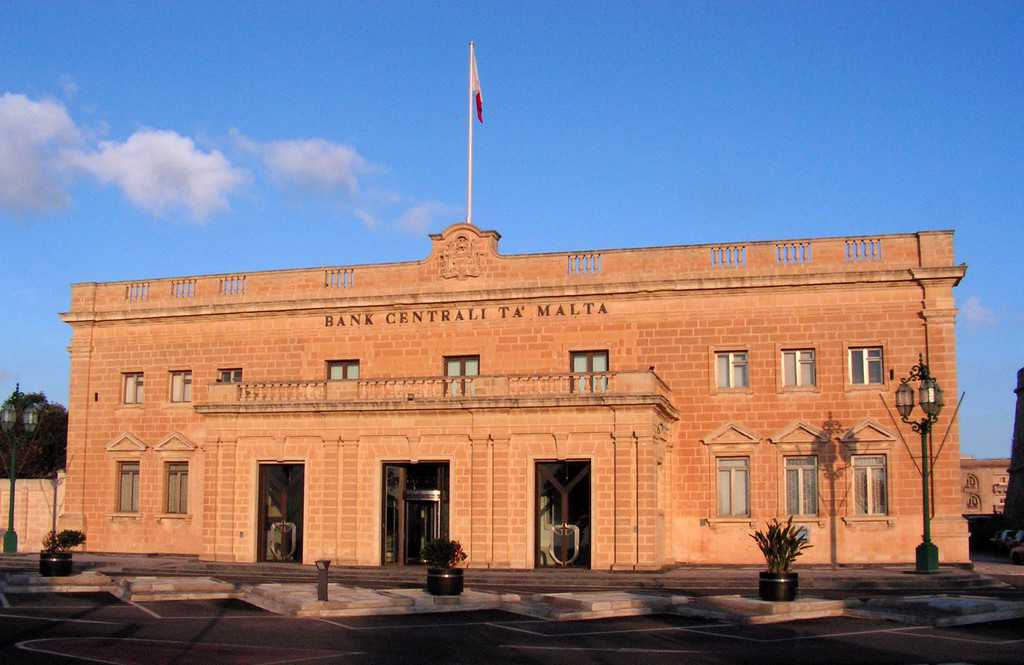
It is never too wise to use the comments in reaction to some news item in the online press as a measure of public opinion, let alone as an objective measure of fact. If we relied on comments boards, we’d have to conclude the entire country is made up of bloody-minded racists. Worse, if we were to take what commenters write as a source of factual information, we’d have to think we’re bloody-minded racists ourselves.
I say that because my observations about comments beneath recent news reports of a Central Bank statement forecasting improved economic growth do not take at face value either that the comments themselves reflect broad opinion or that the scepticism of commenters is necessarily justified.
My concern is different. By and large the Central Bank has been relied upon in the past to publish analysis and conduct monetary policy independently of the government. We expected the Central Bank to stick to the facts, to give us the bad news when we needed to hear it, and to point the way to improvements.
The Central Bank was never going to be an opposition but its independence reassures economic actors, international players and investors, and citizens that even if the government would have needed to hide something from them, the Central Bank would not play that game.
It’s different now. Edward Scicluna’s governorship in and of itself damages the perception that the Central Bank is an honest broker, an institution above the partisan fray.
He’s by no means the first former politician to be appointed to the Central Bank. His predecessors include Josef Bonnici who had been a Minister in successive PN governments before being deployed to the Bank. And there was Mario Vella who has never been a Minister but had been President of the Labour Party and, quite oddly for a Central Bank Governor of a western liberal democracy, a graduate of the state-controlled-economy school from behind the iron curtain.
It can be argued that both these appointments risked chipping away at the perceived reliability and political independence of the institution.
The situation now, however, is far more serious. This is not about a Governor of the Central Bank that is perhaps a bit too keen to make his party in government look better than it deserves.
Edward Scicluna was Finance Minister during the Joseph Muscat years. He aimlessly shepherded the country into the pen of grey-listed financial jurisdictions. He counted his pennies out in the cold while a kitchen cabinet ran the country behind his and our backs. He signed off on contracts like Electrogas, the hospitals privatisation, the American University, and a shitload of other rotten deals he says he did nothing more about than authorise and then, privately, regret.
It is not just the reputation of his party that Edward Scicluna needs to save. It’s his own. It’s his legacy that he needs to use any means available to him to rescue.
To get out of grey-listing we don’t only need a Central Bank that tells us, without mincing words, what we’ve done wrong and what we must fix. Right now, we need an honest broker more than at any other time. Edward Scicluna might argue that there’s no reason to think he might not be able to detach himself from his past years and do the job he’s been entrusted with without fear or favour, even favouring the rescue of his own reputation.
But you see, here perception matters. We don’t merely need the Central Bank to be honest with us. We need to believe that it is. We need banks to believe the Central Bank. We need economic players, local and international, to believe it. We need monitoring institutions like the European Central Bank and the European Banking Agency to believe it. We need Moneyval and the Financial Action Task Force to believe it.
Well, they can look at Edward Scicluna and they can look at the three judges on the Daphne Caruana Galizia inquiry board. They can hear Edward Scicluna tell the world all is honky dory. And they can hear the judges say that Edward Scicluna has a direct share in the collective responsibility of the cabinet of ministers he was a part of for allowing financial crime in this country to grow with impunity.
Outside Joseph Muscat’s fanbase, the choice of who of the two is the honest broker we can rely on to tell us the unvarnished truth is obviously the inquiry, that unlike Edward Scicluna has no reputation to launder.
On the basis of personal experience, my advice normally would be not to condition one’s assessment of oneself or one’s performance on the basis of opinions written by commenters on online comment boards.
And yet the Central Bank should be seriously concerned about its credibility deficit. If trust in the Central Bank remains so eroded and febrile, an honest Central Bank would be telling us to do something about that problem in our economic infrastructure. The Central Bank would be telling to fire the governor and replace him with someone who doesn’t have 7 years of propping up Joseph Muscat to somehow make look good.
He’s heard it before in his previous job and he’s hearing it now in this one. But never more than now has it been so true that the only way Edward Scicluna can do his job properly is by quitting it.